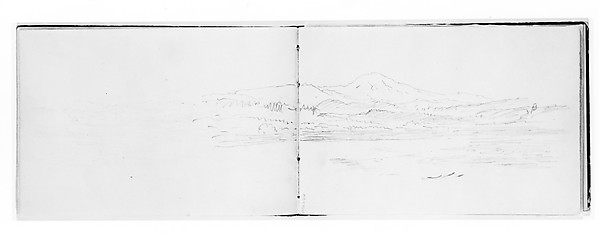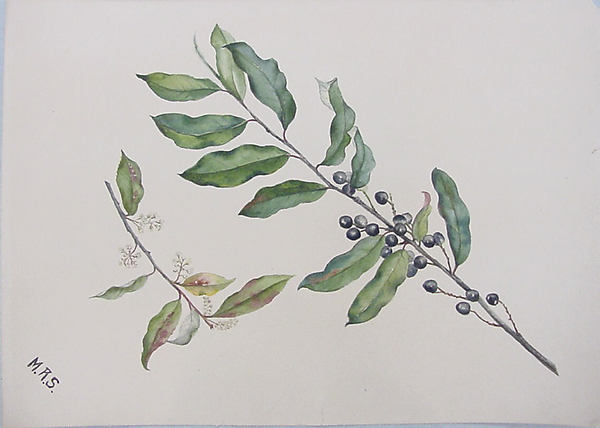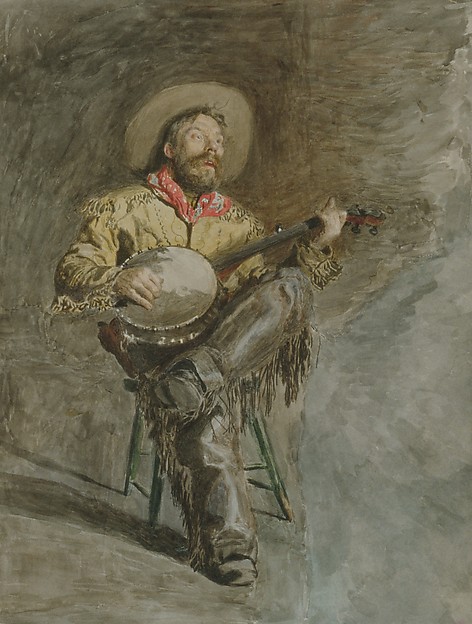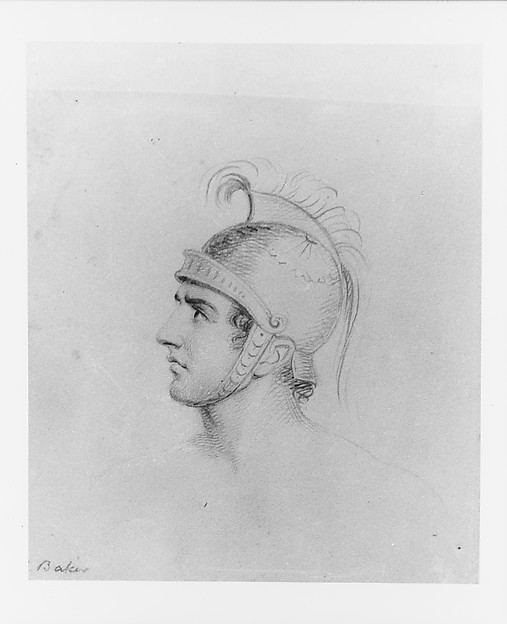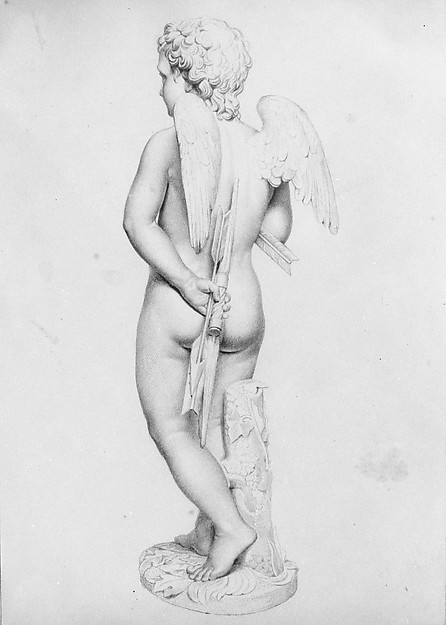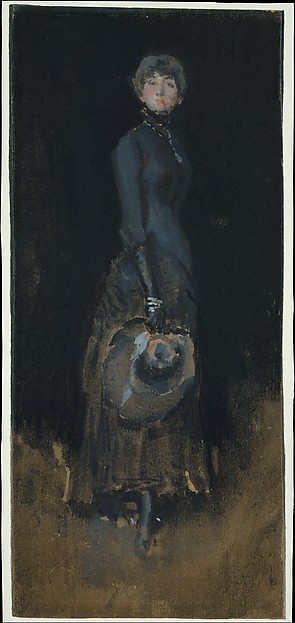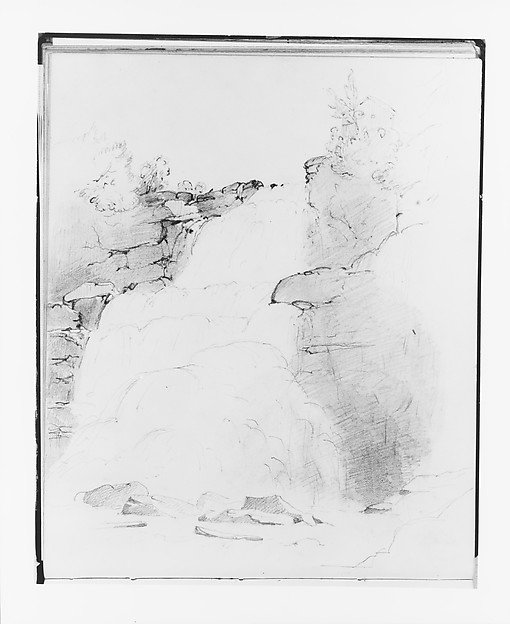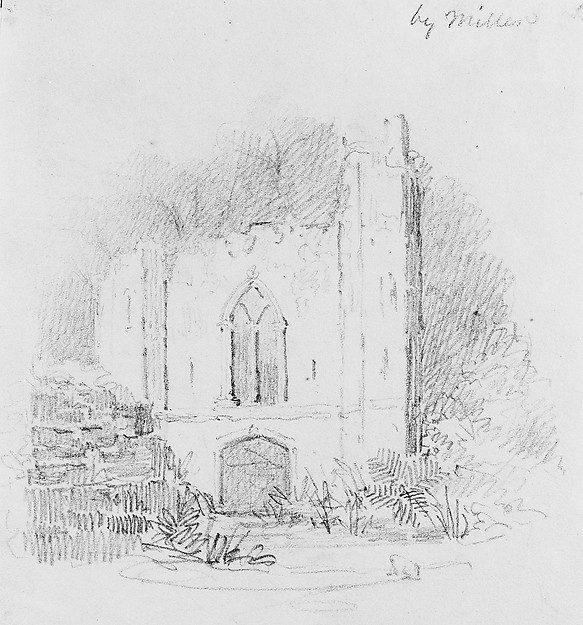The Shifting Sentiment of Language
Biggest Sentiment Shifts, 1850 to 2000
{{ Give me a new love carousel }}
T oday 'nice' is usually a compliment. In Middle English, however, the word meant 'foolish.' 'Bully' once meant darling; 'amuse' to deceive. Until the seventeenth century, 'corpse', which we know as a dead body, was simply a body. 'Naughty' indicated poor. 'Smug,' trim and neat. So many words have changed their sense and/or meaning over the years that there is an entire dictionary devoted to them.
The love poems in my collection of 1000 span centuries: Anne Bradstreet To My Dear and Loving Husband' (1677), H.D.'s Demeter (1844), Elizabeth Barrett Browning's How Do I Love Thee? (1850). I found myself thinking about the older poems in my set as I read Hamilton et. al's paper, which revealed that more than 5% of the English words they examined switched their polarity between 1850 and 2000. How many sentiment-shifting words appear in the love poems? Or, more generally, how different is my read of a poem like How Do I Love Thee? from that of a nineteenth century woman, just based on the sense of the words?
Hamilton et. al shared the sentiment lexicons they created --one for each decade between 1850 to 2000. Could these help answer my question? The carousels in this project make use of the historical sentiment lexicons to feature the poems that are most diffent in sentiment based on the time period lexicons.
Here’s What Happened:
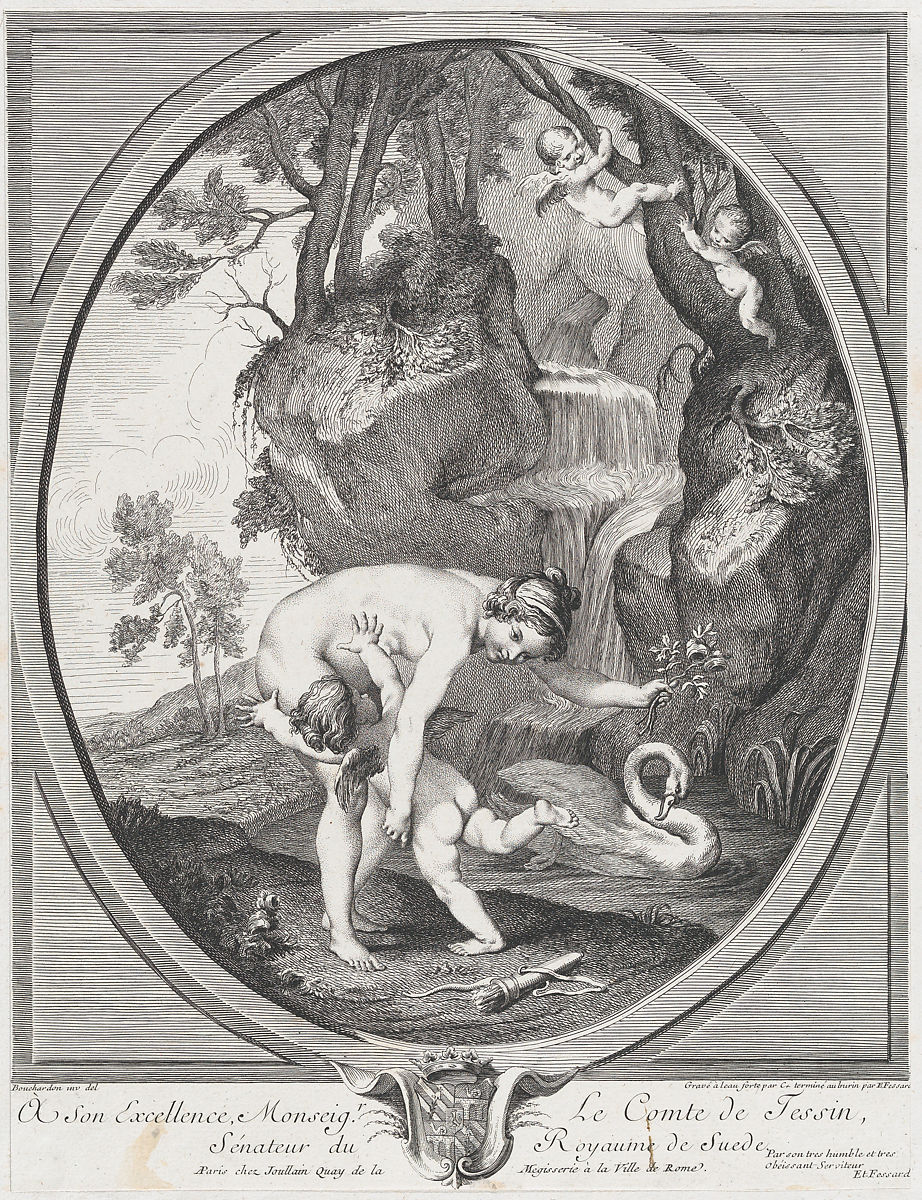
Etched by Anne Claude Philippe de Tubières, comte de Caylus
The historical sentiment lexicons (part of SocialSent) contain the five-thousand most frequently used words for each decade, excluding stop words-- which are so common (e.g., 'a' or 'the') that people often ignore them. The sentiment scores for each word were learned by machines perusing the Corpus of Historical American English.
Scrolling through the lexicons, I noticed that the most common words in each decade differ. Comparing 1850 to 2000, for example, I found that 3116 words appear in both lexicons. I decided that these 3116 were the words I would use for my project: I'd compare the sentiment of the love poems through the eyes of a small 1850 and 2000 analyzer and see what happened.
To get a sense for how the sentiment of each poem might have changed, I simply added (or subtracted) the sentiment score for each word that had a score in the lexicon. If a word appeared many times in a poem, I added the score to the total just as often. Because longer poems began to dominate the top of the results, I also divided the total score by the number of words tallied. In this way, I came up with two scores for each poem, one using the 1850s lexicon, the other the 2000 one.
The highest negative sentiment based on the 2000 lexicon went to Graham Foust for Star Turn. This poem only contains eight of the lexicon words, but they are all negative: 'wound', 'pain', 'nobody' and (perhaps because a machine generated the scores and was feeling jealous) 'living'. The score for this poem was also negative when I looked at it with the 1850 lexicon. On the other hand, Jim Moore's Epitaph, which had one of the most negative scores by 2000 standards, had an equally positive score by the 1850 ones. The words 'stole' and 'never', 'got', 'caught' had much higher sentiment scores in the mid-nineteenth-century lexicon than the 2000 one.
No 1850s reader would ever have read Epitaph, which has a 2014 copyright. However, we are free to bring our understanding of language to the poems of the 1850s. I pulled up How Do I Love Thee? to see if and how my sense of language might differ from the sense in Elizabeth Barrett Browning's head.
The 1850 and 2000 scores for Browning's poem were quite similar (positive and around .3). Only when I looked at the individual words did I see that the scores for each word differed, sometimes by a lot. 'Breath' flippped from a positive to negative 1 between 1850 and 2020 lexicons. 'Right' scores a positive 1 in 2000, but just below zero in the 1850 lexicon. 'Praise' scored a positive 1.3 in 1850, and a solid 0 in 2000, while 'passion' went from a negative .43 in Browning's time to a positive 1.53 in mine. Could I draw any conclusions? Not really. I was hoping the scores would give me insight into how my reading of Browning's poem might differ from her contemporaries', but using the sentiment scores as a measure left me feeling like I was standing on the beach with a ruler, measuring the sea foam with hopes that I'd understand the shape of the waves.
Fortunately, the lexicon creators also shared the word vectors they created for each decade. Word vectors are known for capturing the meaning of words and helping us understand which words are semantically closest. Using the word vectors from 1850 and 2000, I could find other nearby/similar words that provide more insight into how each was most commonly used and understood. For example, the three closest words to 'passion' in 2000 were identified as 'joy', 'love', and 'happiness.' In 1850, the top three were 'intense', 'emotion,' and 'emotions.' ''Breath', identified with a more positive sentiment in 1850, was closest to 'lips', 'sigh', and 'faint;' in 2000, the word was closest to 'deep', 'throat', and 'lungs.' I looked at the five closest words for each of the scored words in Browninigs poem and made an 1850s and a 2000 reader.
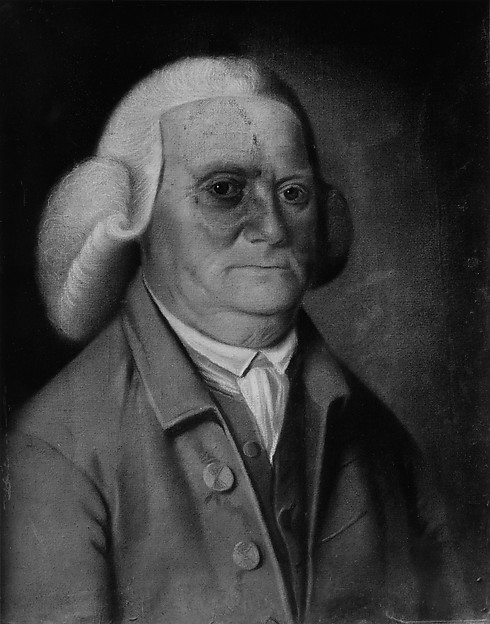
(matched to 'How Do I Love Thee?'
1850 Lexicon:
let
sentiment: 0.35ago, us, wo, will, pray
2000 Lexicon:
let
sentiment: 0.35ago, us, wo, will, pray
How Do I Love Thee? (Sonnet 43)
Elizabeth Barrett Browning - 1806-1861
How do I love thee? Let me count the ways.
I love thee to the depth and breadth and height
My soul can reach, when feeling out of sight
For the ends of being and ideal grace.
I love thee to the level of every day's
Most quiet need, by sun and candle-light.
I love thee freely, as men strive for right.
I love thee purely, as they turn from praise.
I love thee with the passion put to use
In my old griefs, and with my childhood's faith.
I love thee with a love I seemed to lose
With my lost saints. I love thee with the breath,
Smiles, tears, of all my life; and, if God choose,
I shall but love thee better after death.
The love carousel on this page contains a random selection of the fifty poems that had the biggest differnce in sentiment score based on the 1850 and 2000 lexicons. Reload the page to see other selections, or look at more love poems in the other Love Carousels.
Tweet


